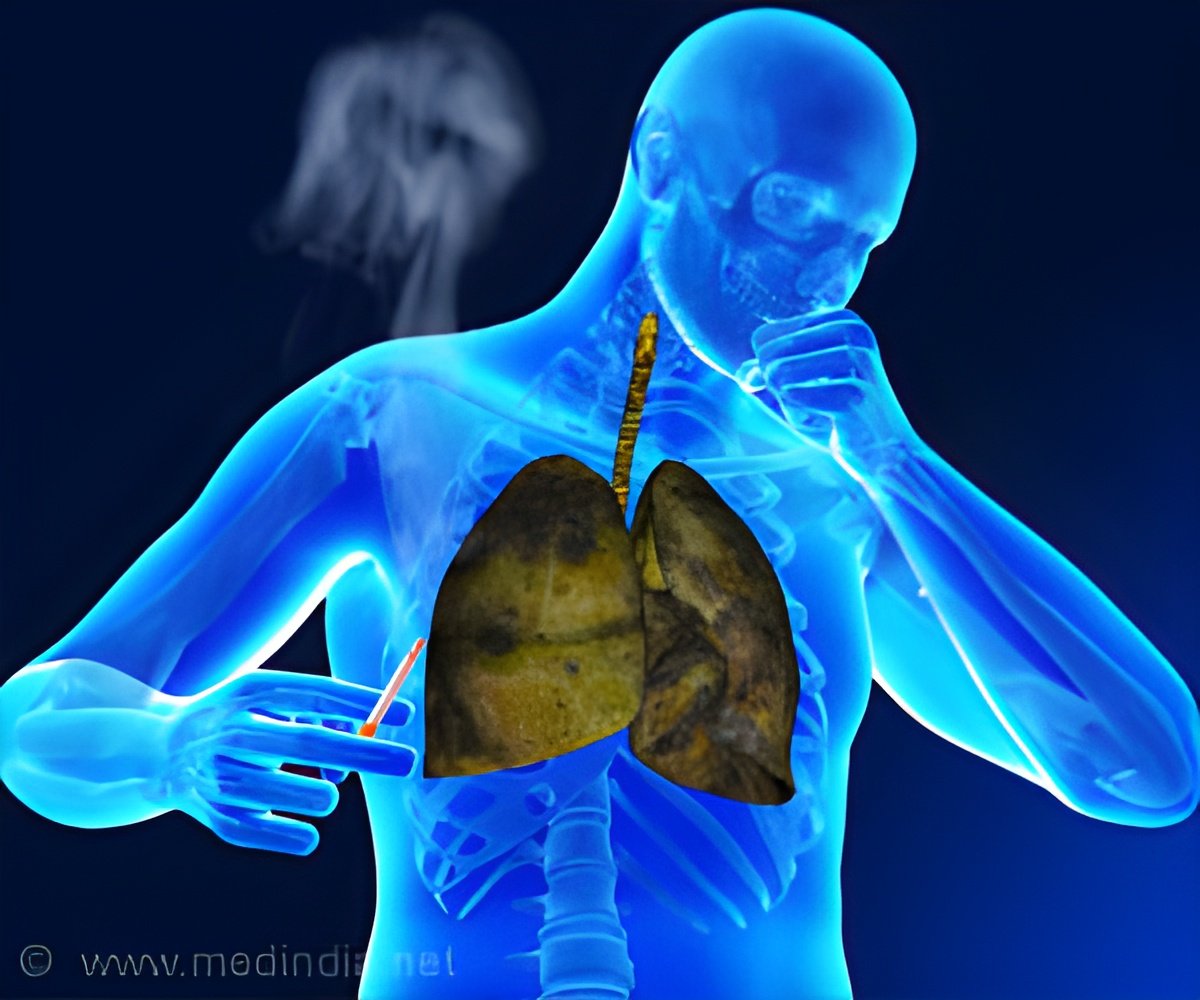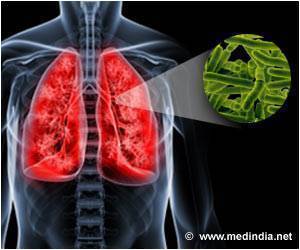India requires point-of-care tests (POCT) to prevent early tuberculosis, increase faster detection techniques and quick initiation of management strategies.

"If we can improve POCT and bring in sensitive, inexpensive methods, then it will be a great help," Ganguly, the former director general of the Indian Council of Medical Research (ICMR) said.
He said tests such as GeneXpert MTB/RIF, LAM urinary test and LED microscopy with auramine staining are under evaluation.
The GeneXpert MTB/RIF, which diagnoses the disease by detecting the presence of TB bacteria, as well as testing for resistance to the drug Rifampicin, is in introduction stage. It uses sputum sample and can give a result in less than two hours.
"All of them are under evaluation. However, the GeneXpert is in introduction stage and LED microscopy has been recommended by the WHO in 2011 to be used. These tests are essential for TB but some common platforms could be used for HIV also," said Ganguly, a visiting professor at the Translational Health Science and Technology Institute, an autonomous institute of the department of biotechnology under the union science and technology ministry.
In addition, he advocated better management in therapy since some patients, who experience initial reactions to drugs, turn away from the treatment which is a major issue, compounding the problem of drug resistance.
Advertisement
The essay was published in the PLOS Medicine journal dated May 11.
Advertisement















